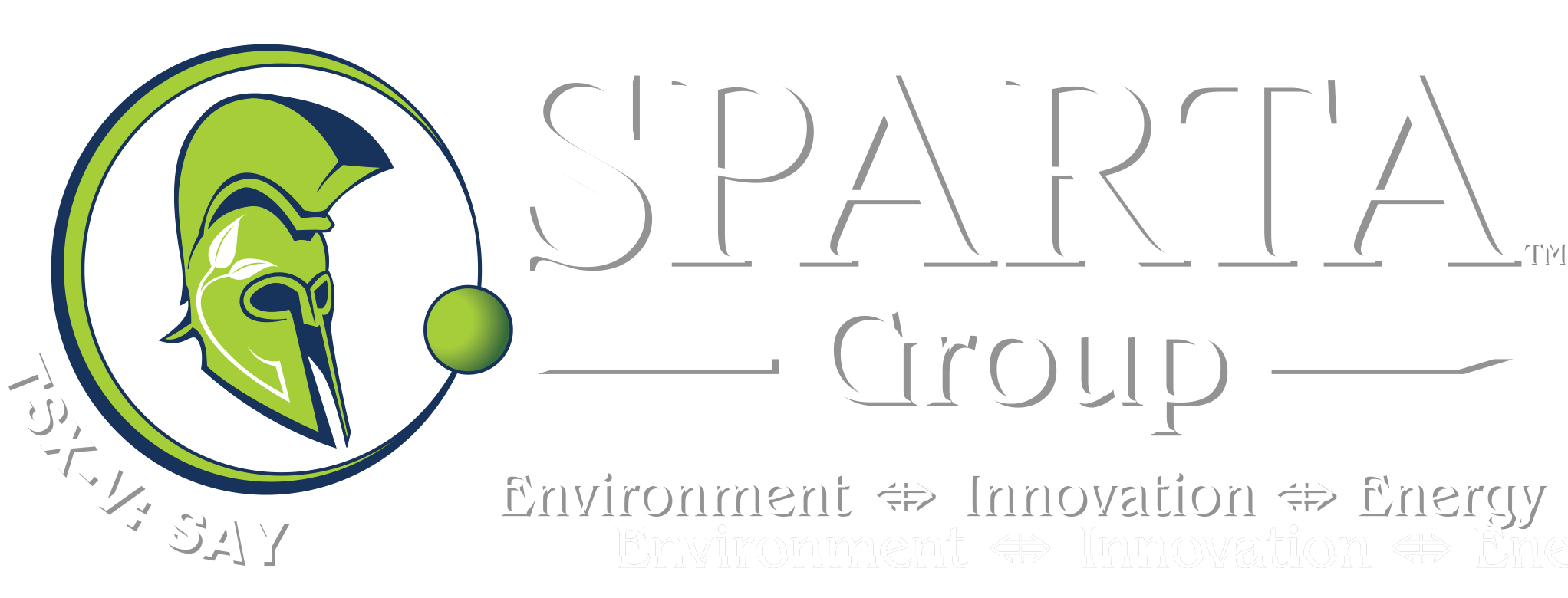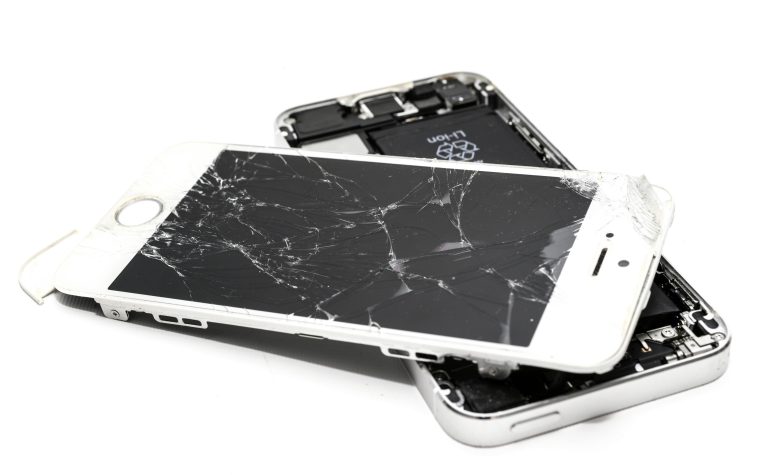– Writer Lane Simond:
Gaming is a multi-billion-dollar-a-year industry, and while avid gamers talk about the benefits of the pastime, such as improved coordination, problem solving and social skills, its popularity is making a big contribution to the global electronic waste problem.
According to Statistics Canada, households in this country are turning to recycling their electronics more than they did in the past. In fact, more people are using drop-off centres to discard of their old phones and computers, but other components such as gaming equipment seems to lag. In the United States, the National Ocean Service has reported that if every household reduced its e-waste generation by just one half, over 2,000 pounds of carbon dioxide would be prevented from polluting the atmosphere. Recycling all discarded electronic devices, including gaming consoles, controllers and discs could further reduce harmful emissions by well over 300 million metric tonnes per year in the U.S.
It isn’t just gamers that have a responsibility to recycle, but also the producers of gaming equipment. Many console manufacturers contend that their latest devices are more energy efficient, but that does not always alleviate the fact that there are still many materials that go into the production process that will one day require disposal. Business to Business recycling is crucial. By recycling your business IT, whether you are manufacturing gaming equipment or some other type of technology, you are helping to recover resources that can be reintegrated back into the supply chain. You will also be reducing the need to mine for new resources and further reduce carbon footprint.
Under Sparta’s Environmental division, its e-waste recycling operation, ERS International, works with a lot of top brands dedicated to energy efficiency and environmental protection. When all efforts to reduce emissions have been made, but a company still has not reached its emissions reduction goals, it has the option of being part of the ERS carbon credit program, which means your recycled electronics can generate verified greenhouse gas credits for your company. Gaming manufacturers can really benefit from such a program.
Market research reveals that there were over 3 billion video game players worldwide in 2023 and with game equipment, such as consoles being updated (on average) every 5 years, that’s an awful lot of obsolete electronic components being discarded.
“Gaming presents a huge opportunity for us as recyclers, while really benefiting gaming manufacturers as well. ERS gets to help divert electronic waste from landfill, and in doing so generate more revenue for the company, while the manufacturer can benefit from our carbon credit program, which also garners revenue for us. It’s a win-win situation,” said Sparta President, Tony Peticca.
In the case of gaming, the rapid replacement of one generation with the next latest and greatest version means manufacturers are constantly contributing massive amounts of waste to the waste stream. With consumer demand for new, unique games showing no signs of slowing down, as well as the huge growth in consumer demand for companies to be more “environmentally conscious”, the gaming industry is now facing an eco-driven phase; a time where e-waste recycling is no longer an option, but an absolute necessity. Sparta’s ERS International is here to help them.

How Nanotechnology Addresses Real World Problems, Including Mounting E-Waste.
Writer: Lane Simond Technology is intertwined in almost everything we do. This is thanks to incremental improvements in existing gadgets and machines, but now experts


